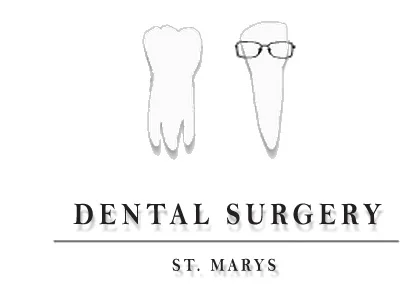It is commonly believed that as part of the daily routine of cleaning your teeth, mouthwash is needed to compliment your toothbrushing and flossing. We are often asked the question of which mouthwash is best to use, and when to use it.
Unless you have been specifically been prescribed a mouthwash from your dentist, there is little to no benefit in using one of the 'daily' mouthwashes found at the supermarket. In fact, if used after you have brushed with fluoridated toothpaste, the mouthwash will likely remove the film of tooth strengthening fluoride from your teeth.
Mouthwashes that contain alcohol such as listerine often give a burning sensation when used, and the misconception is that this is beneficial in giving you a fresh mouth feeling and killing off any bacteria in your mouth. The truth is alcohol in your mouthwash will cause a dry mouth long after the mint taste has worn off ,which will lead to bad breath and an increase bacterial load.
The best mouthwash to use is the one recommended to you by your dentist if in fact your condition requires it. There are mouthwashes which for example
1)may be used to help with clotting if you are on blood thinners and require a surgical procedure at the clinic shortly
2) have a medicated antibacterial (such as chlorhexidine) if you have a gum infection
3)have increased fluoride content in those with a high decay risk and the content of regular toothpaste is insufficient
So for the most part daily mouthwashes/mouthrinses are not something we recommend as it cancels out whats most important in dental hygiene, which is flossing and brushing with fluoridated toothpaste. If you do require a mouthwash, it will often be short term and at the recommendation and guidance of your dentist.
